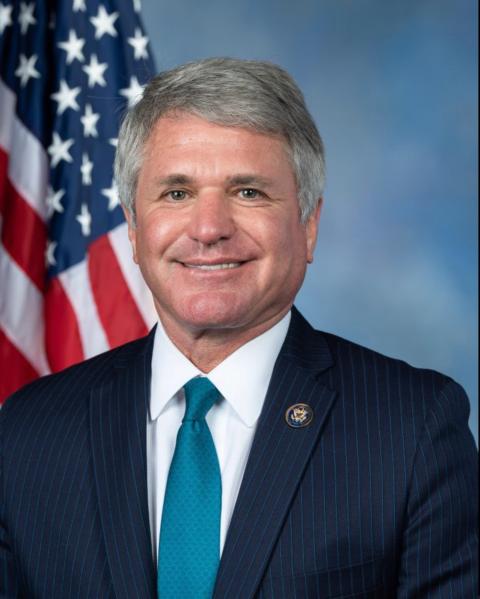Washington, DC — Mounting concerns over potential espionage activities have prompted increasing calls for the President of the United States to address the presence of Chinese assets in Cuba, which some perceive as a significant national security risk. Congressman Mike McCaul, a Texas Republican who chairs the House Foreign Affairs Committee, has emphasized the potential threat to America posed by China establishing a spy base on the island. Recent confirmation of construction activities for a military training facility in Cuba has further fueled apprehensions, as it would allow the Chinese Communist Party to station troops just approximately 100 miles off the coast of Florida.
The evolving situation has raised alarm bells among lawmakers and security experts who worry about the implications of a Chinese military presence so close to US soil. Congressman Mike McCaul, a prominent voice on foreign affairs matters, has been vocal about the perceived risks associated with China’s activities in Cuba. Expressing his concerns, he highlighted the potential for China to utilize the island as a strategic base for espionage against the United States.
Earlier this month, it was confirmed that construction work was underway for a military training facility in Cuba. This development has deepened apprehensions among security analysts, as a permanent Chinese military presence in such proximity to US borders could have far-reaching implications for national security. The Chinese Communist Party’s ability to deploy troops and carry out operations just a hundred miles away from Florida’s coast has raised questions about the potential espionage capabilities and the influence China could exert within the region.
While specific details about the purpose and extent of the military training facility in Cuba remain limited, the confirmed presence of Chinese assets on the island has intensified the debate around national security. Critics argue that such activities warrant immediate attention and decisive action from the US government to safeguard the country’s interests.
Calls for the President to address this issue have grown louder, with demands for a thorough assessment of the potential risks posed by Chinese assets in Cuba. Proponents of stronger measures argue that vigilance is essential to protect against any compromise of American national security, emphasizing the need to prevent foreign powers from exploiting strategic locations to gain an advantage over the United States.
The concerns regarding potential espionage activities have implications beyond national security alone. The proximity of the military training facility to the US mainland raises questions about regional stability and the balance of power in the Western Hemisphere. The situation has also attracted the attention of neighboring countries, who share concerns about the potential consequences of an increased Chinese presence in the region.
As worries persist, it remains to be seen how the US government will address the growing calls to confront the issue of Chinese assets in Cuba. The implications for national security, regional stability, and US-China relations underscore the complexity of the situation. However, with increasing scrutiny and calls for action, it is evident that addressing these concerns will be a priority for policymakers and security agencies in the near future.



